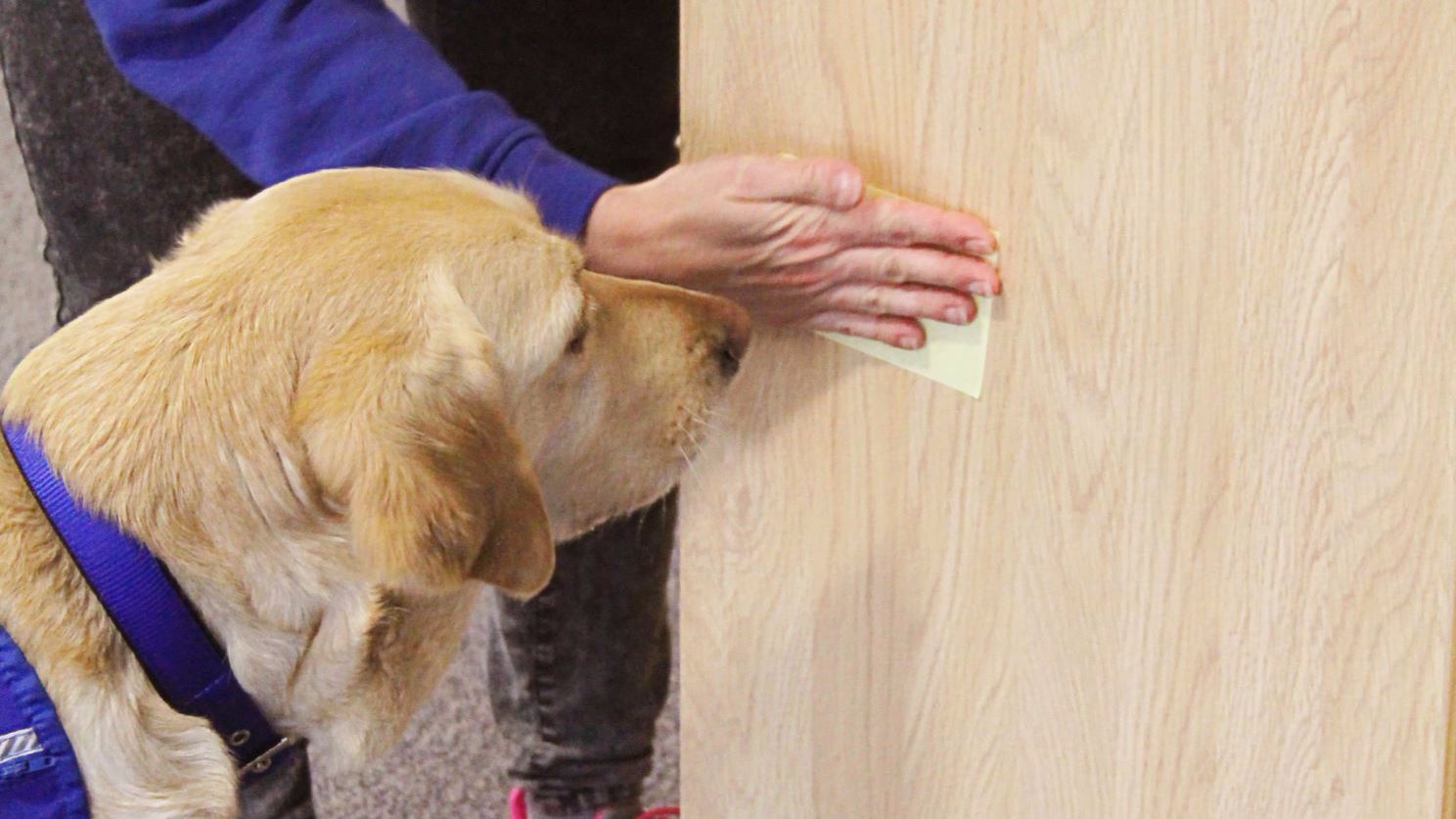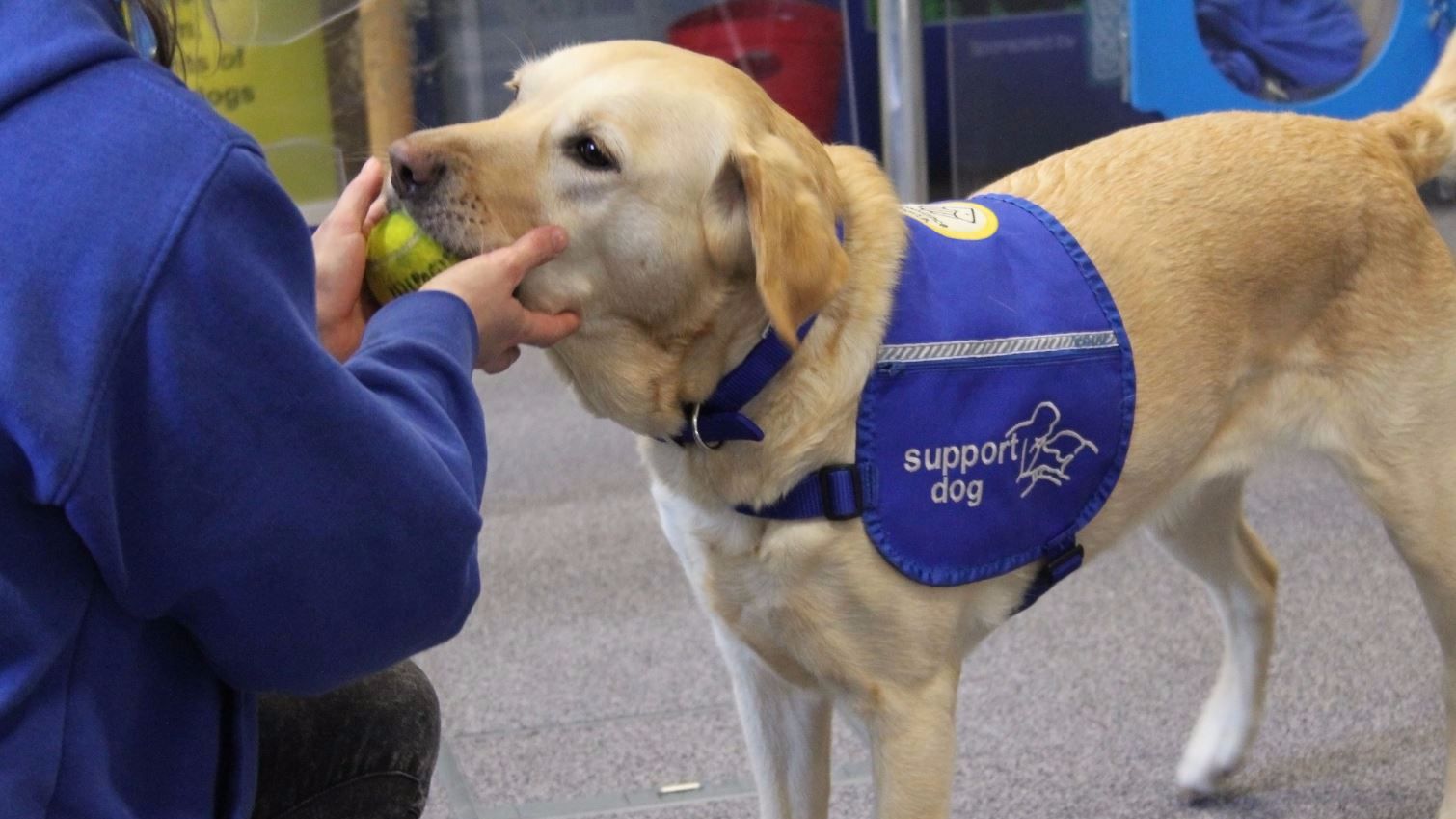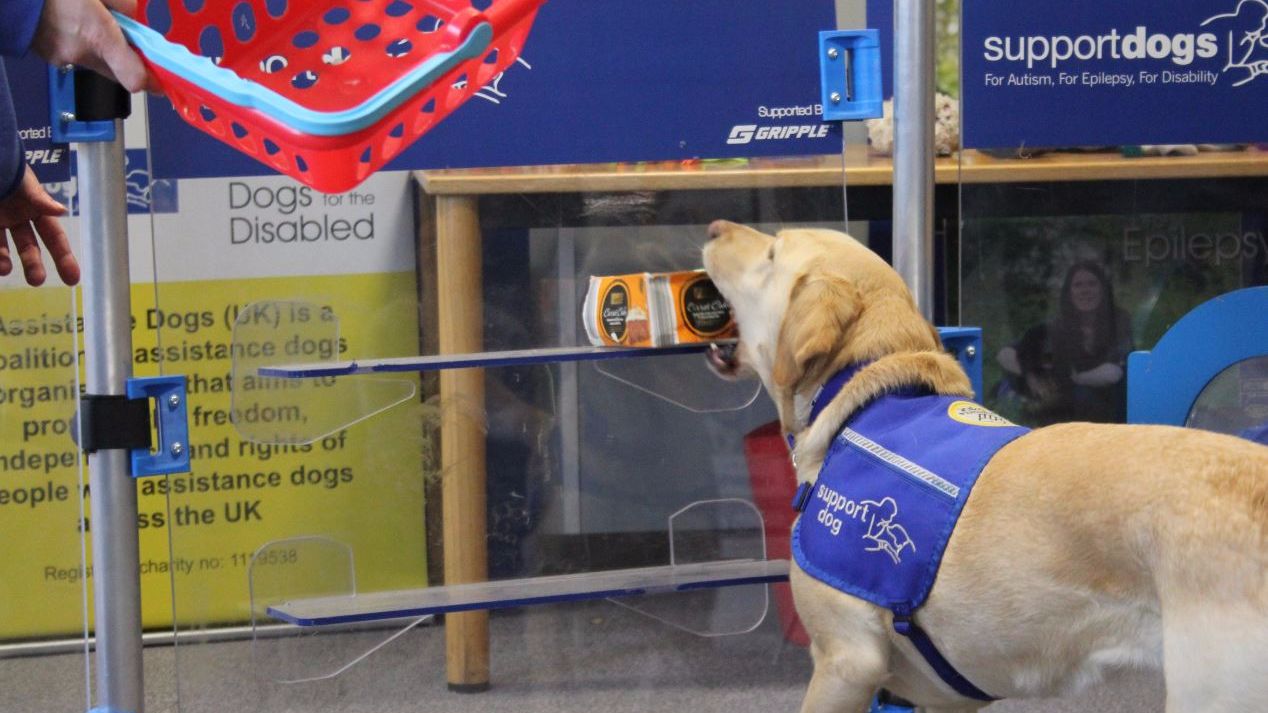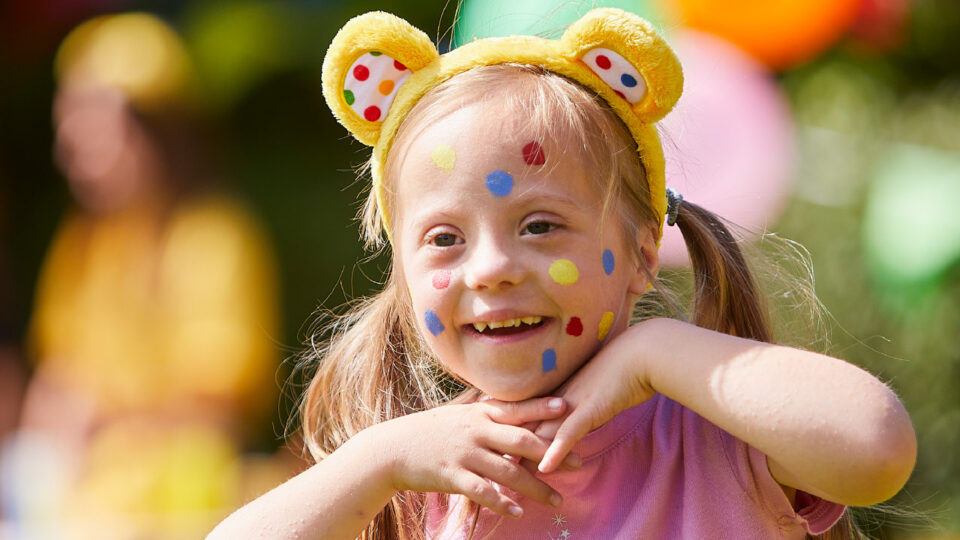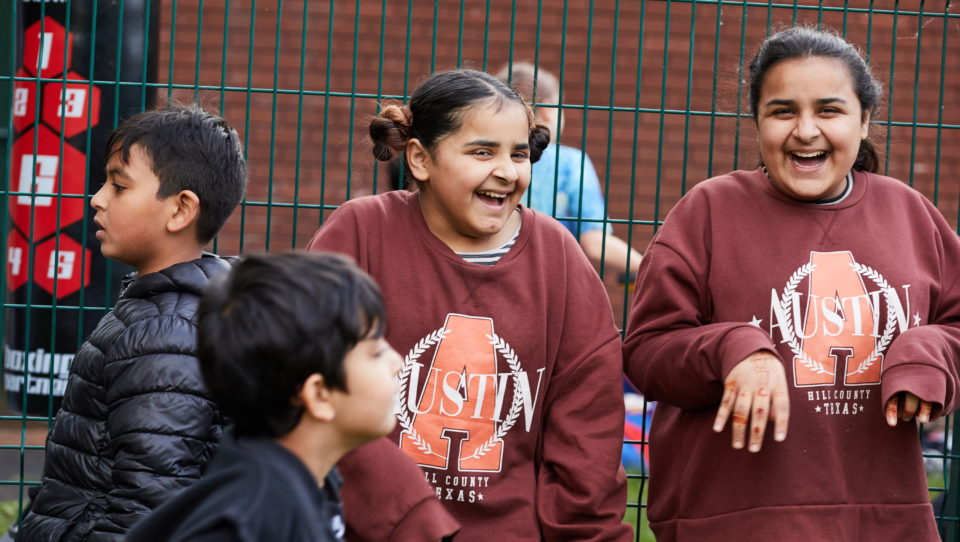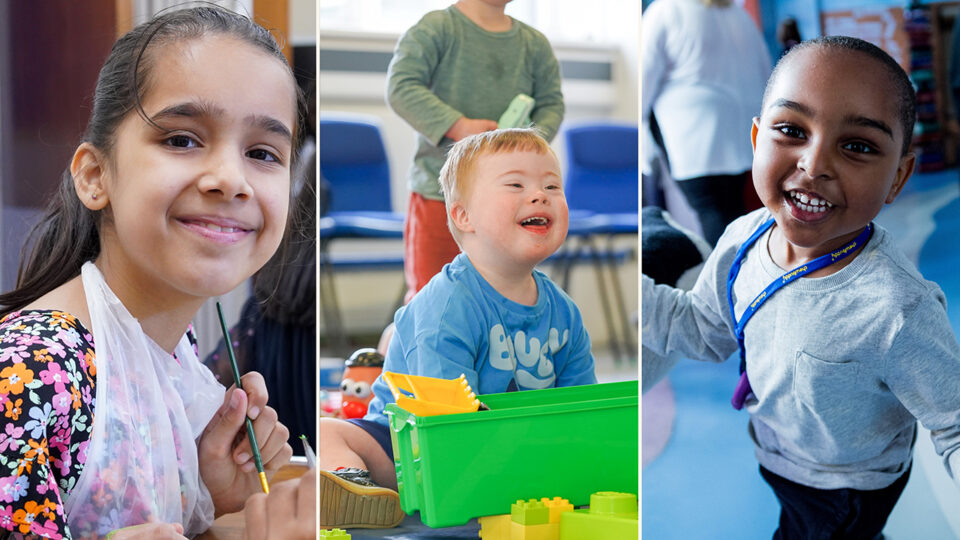Please use this site in portrait
This story is not designed to be told in the landscape view on mobile devices. Please re-orient your device to portrait to experience this story how it was supposed to be told.
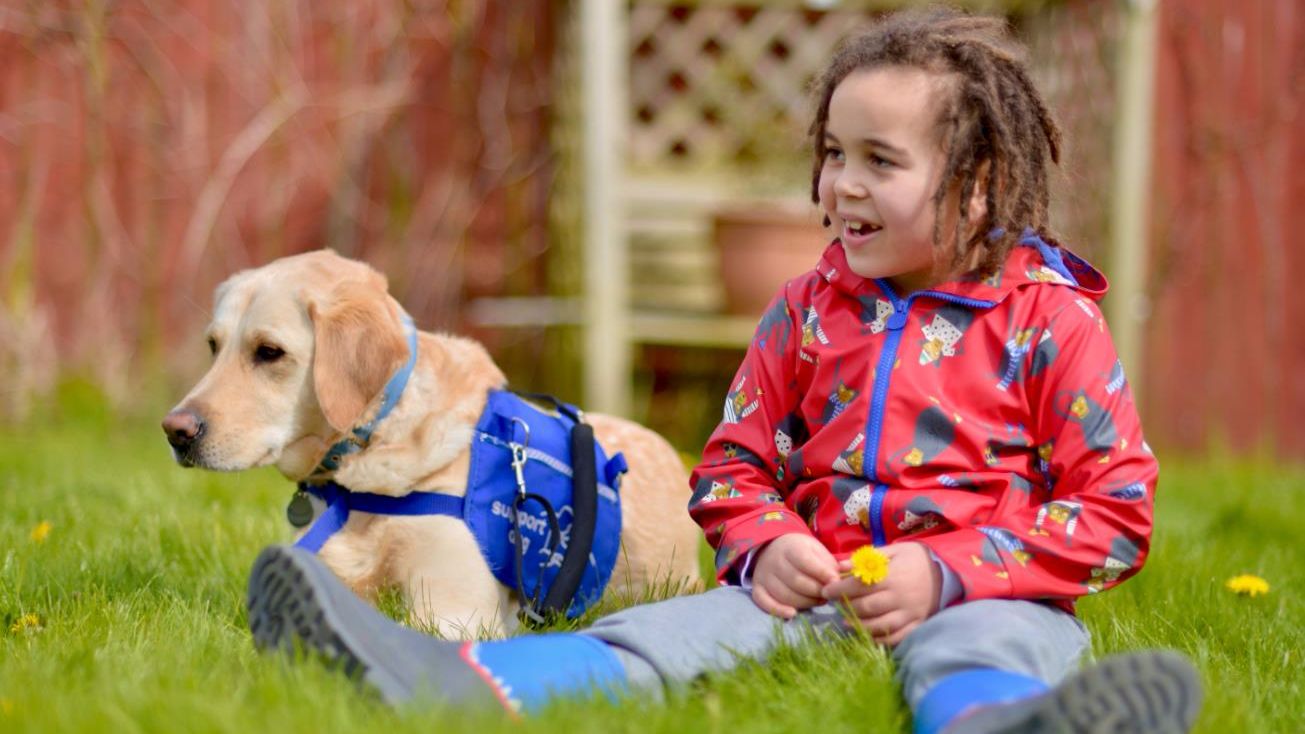
The furry friends keeping children safe
Support Dogs
The chance to explore the world, to learn from experience and to make friends is incredibly important for all children, but sometimes it can be more challenging.
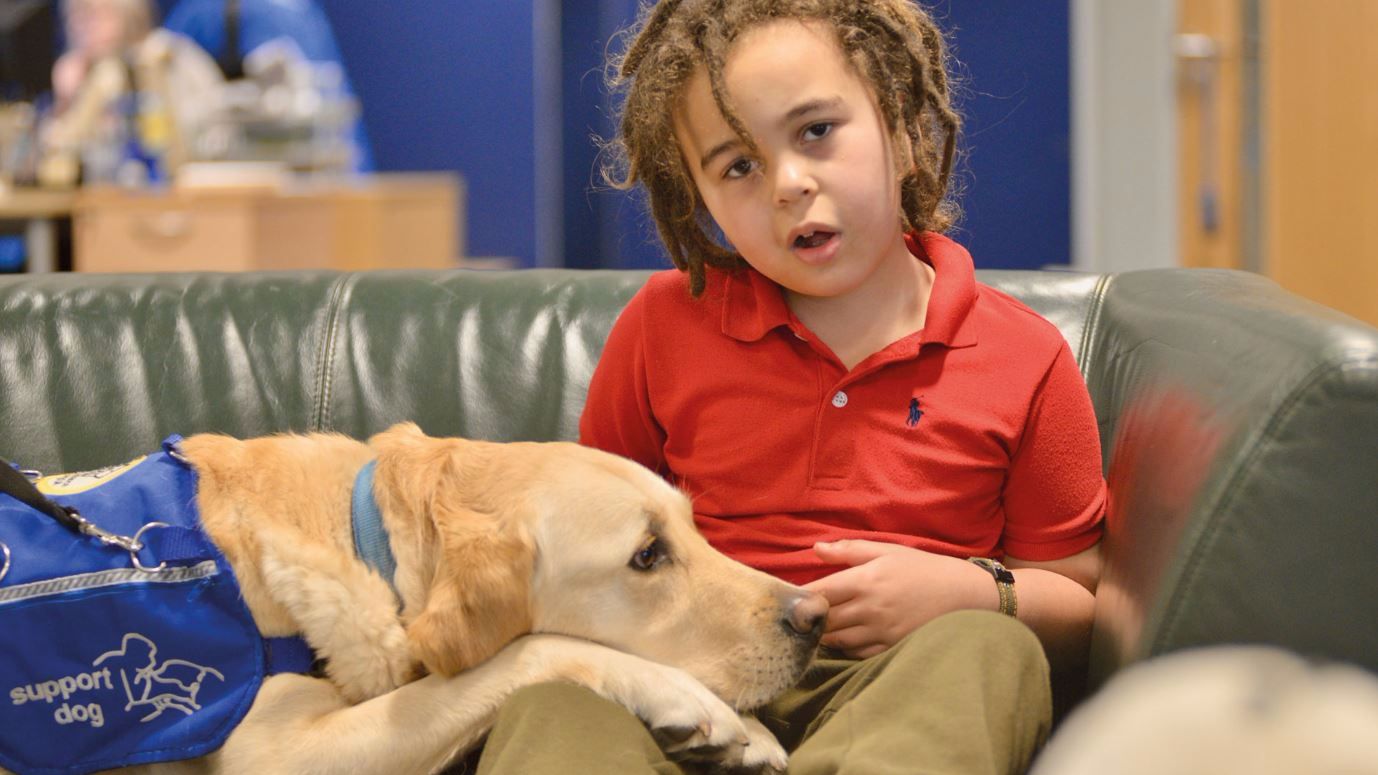
“Autism is very much a sensory disability. When you leave the house there’s lights, there’s noise, there’s sound, and it can be completely overwhelming. One of our parents described their autism support dog as a ‘portable safe place’, the focus isn’t on all the lights and the sound and the noise, it’s on the dog.”
DANNY,
FUNDRAISING
MANAGER
AT
SUPPORT
DOGS
The
furry
friends
keeping
children
safe
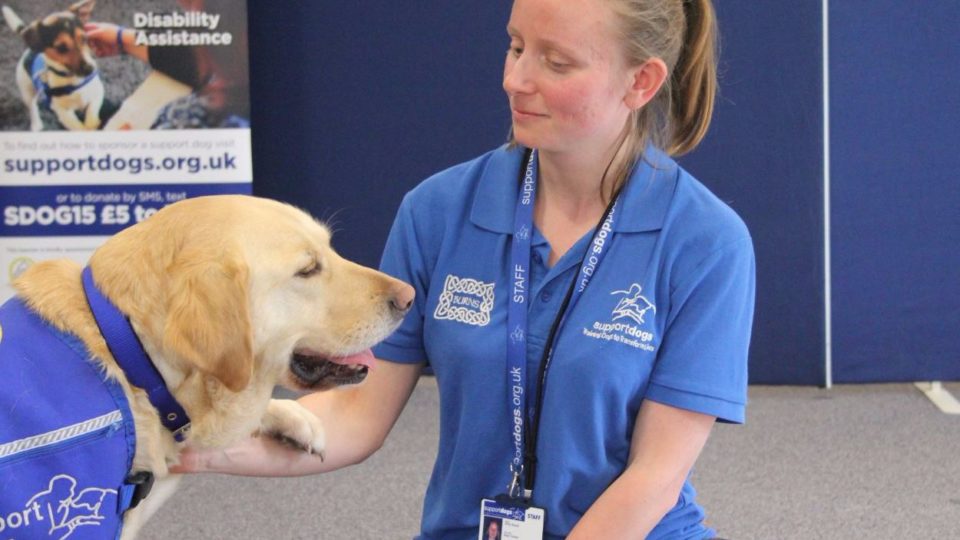
Some children on the autism spectrum can find it hard to express their feelings in a way that others understand, whilst others may have a limited sense of danger and a tendency to wander off. This can make it difficult to find opportunities for freedom and exploration.
For young people with a physical disability, there may be physical challenges which make it more difficult to be independent in the way that many teenagers wish to be; going out, meeting new people and making friends.
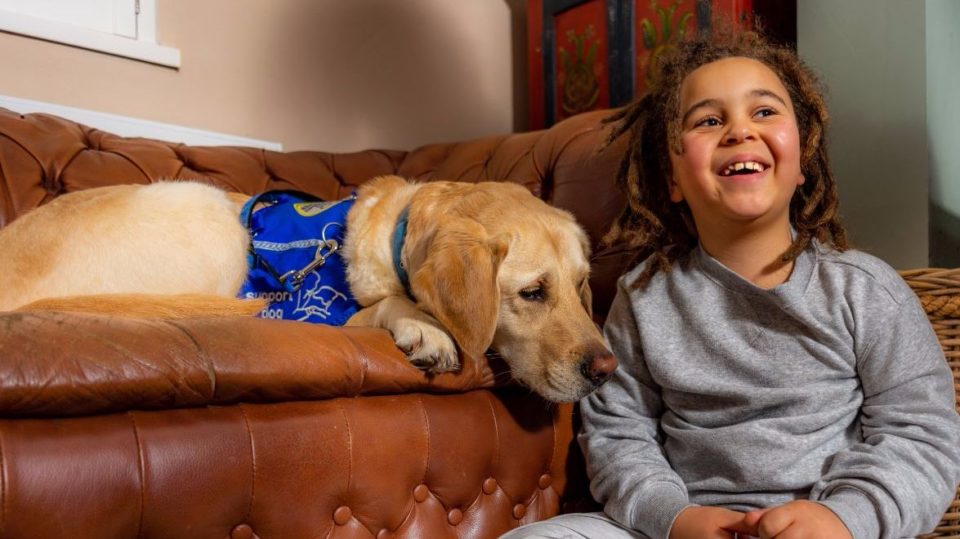
That’s where Support Dogs come in. With the help of funding from BBC Children in Need, Support Dogs specially train assistance dogs to work with children and young people on the autism spectrum or with physical disabilities.
The dogs provide a huge range of practical support both around the house and out in public, from fetching the phone in emergencies and unloading the washing machine to removing coats and jackets and keeping children from wandering away.
But they also offer emotional support; alerting children of harmful behaviour, comforting them in daunting situations and offering a close and supportive friendship.
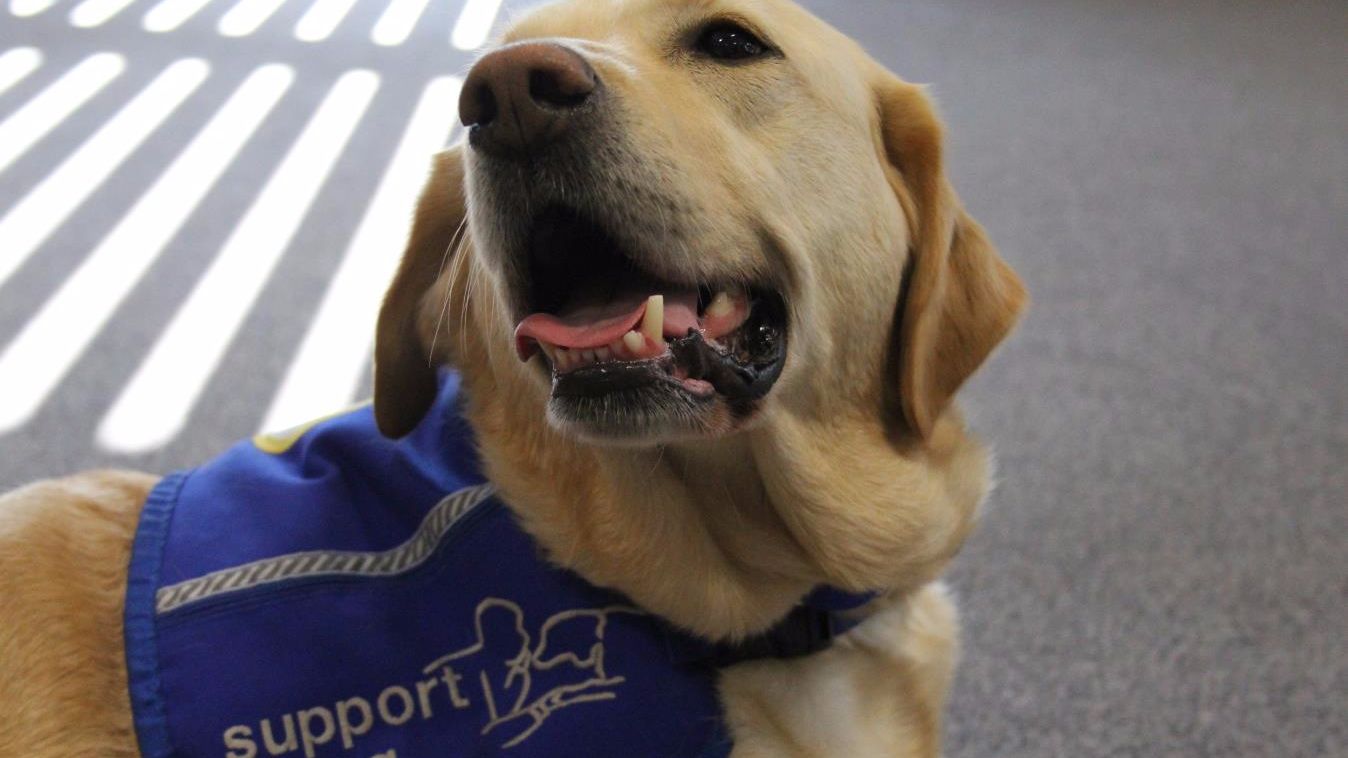
“Iggy has become Louis’ best friend. Children on the autistic spectrum they can find it difficult to make friends, but with Iggy, he doesn’t require anything back from Louis. Louis’ got an independence that he’s never had before. When we’re out and about, even though he is strapped by his waist to Iggy, he doesn’t have to hold my hand, he isn’t in a wheelchair, he’s got that sense of freedom. Iggy is his best friend.”
KELLY,
LOUIS’
MUM
The
furry
friends
keeping
children
safe
